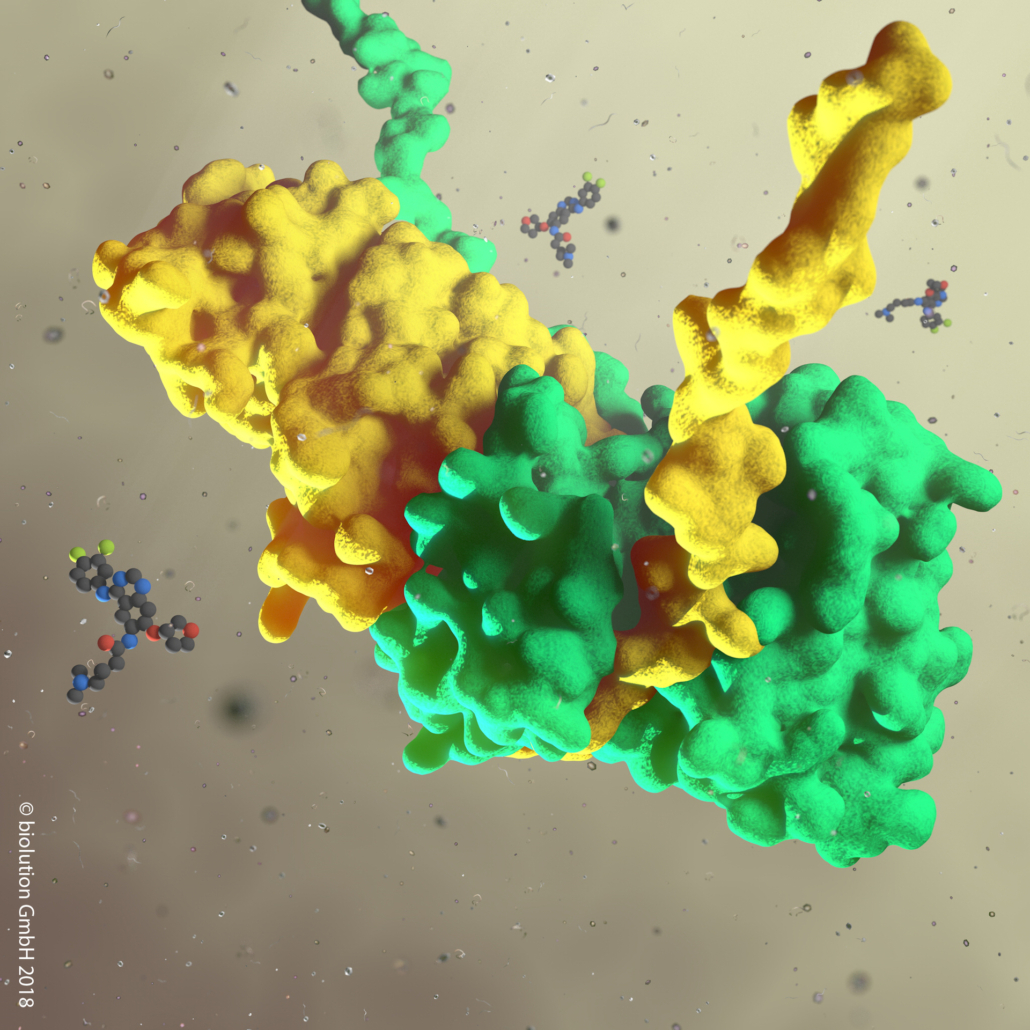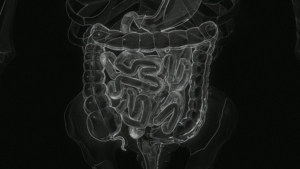
Afatinib push back K-RAS-positive lung cancer
A team of Austrian, Hungarian and Canadian researchers has demonstrated that Boehringer Ingelheim's FDA-approved ERB family kinase blocker afatinib prolonged survival in hard-to-treat K-RAS-mutated lung tumours.
In mice, two Austrian teams led by Herwig Moll and Björn Kruspig from Medical University Vienna showed independently that the growth of an intractable type of lung cancer that carries mutations in the K-RAS gene can be restrained by EGFR blockade. Kruspig et al demonstrated that deletion of the Egfr gene quenched mutant K-RAS activity and transiently reduced tumor growth. Moll and colleagues found that activation of the EGFR pathway promotes growth of KRAS-positive tumours and could be blocked with afatinib in mice.
One third of lung adenocarcinomas are associated with mutations in the KRAS gene driving tumour cell growth which so far was believed to be resistant to kinase inhibition. Currently, there is no approved therapy blocking K-RAS-driven tumour growth which is apparent in 50% of colon cancers and 80% of pancreatic carcinomas. The findings of both groups suggest that kinase inhibitors such as Boehringer Ingelheim’s afatinib could serve as a potential treatment strategy for human patients with this hard-to-treat malignancy. Other approved blockers of the ERBB familiy include gefitinib und erlotinib. Afatinib is approved as treatment for EGFR (ERB-B1)-positive advanced or metastatic non small cell lung cancer (NSCLC) because it prolongs progression-free survival. The drug, however, did not prove to improve overall survival.
The only company that successfully targeted KRAS-driven tumours in Phase II pilot studies is Norwegian public company Targovax ASA. For feasibility reasons, the company recently stopped development of its cancer vaccine TG01 in pancreatic cancer because a new chemotherapy standard of care would have prolonged clinical development of the compound in a way that was uneconomically. Clinical testing of TG02 in colon carcinoma, however, is ongoing.



 Unsplash+
Unsplash+